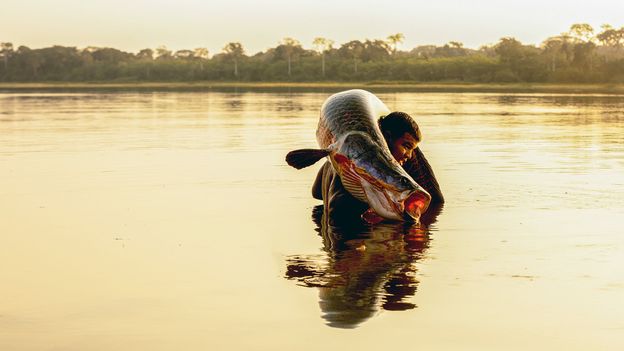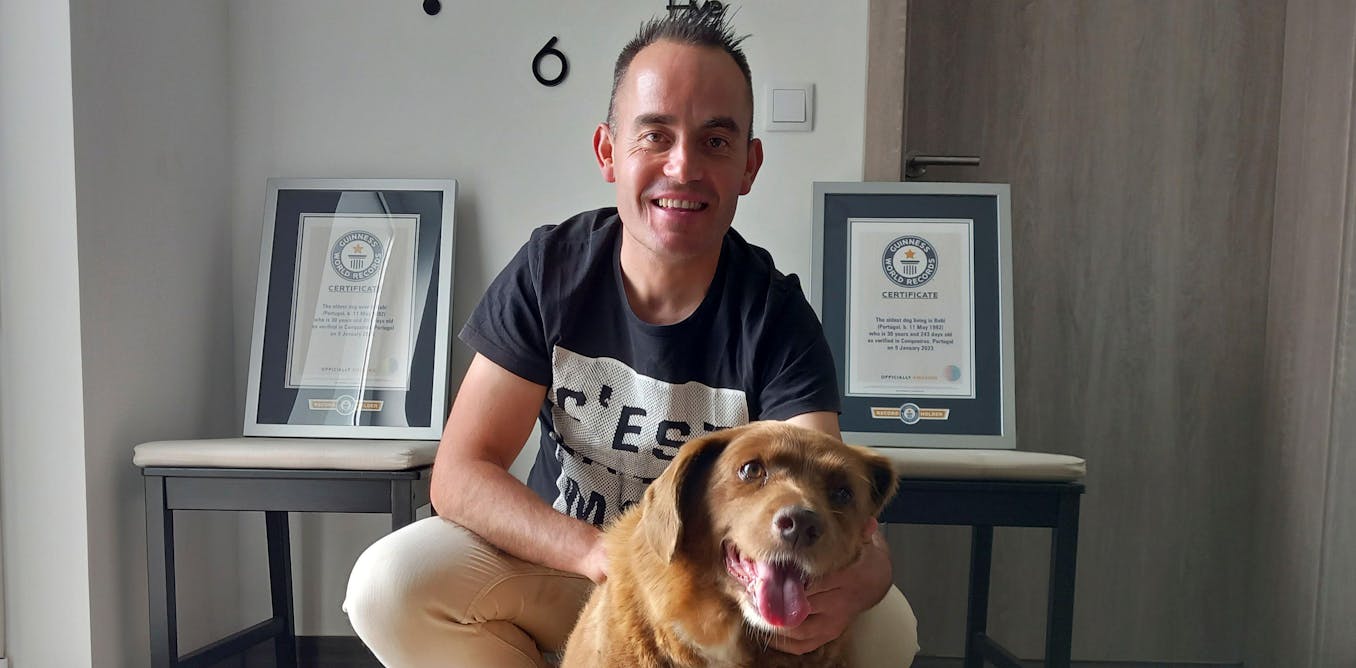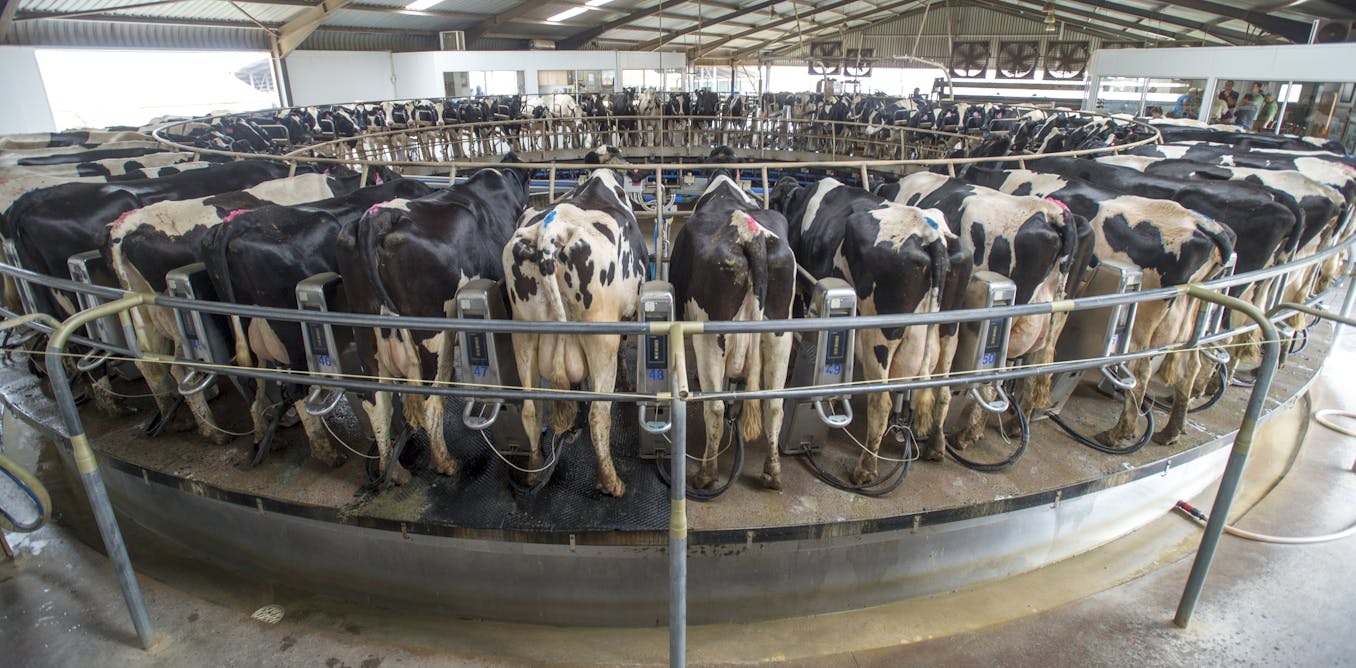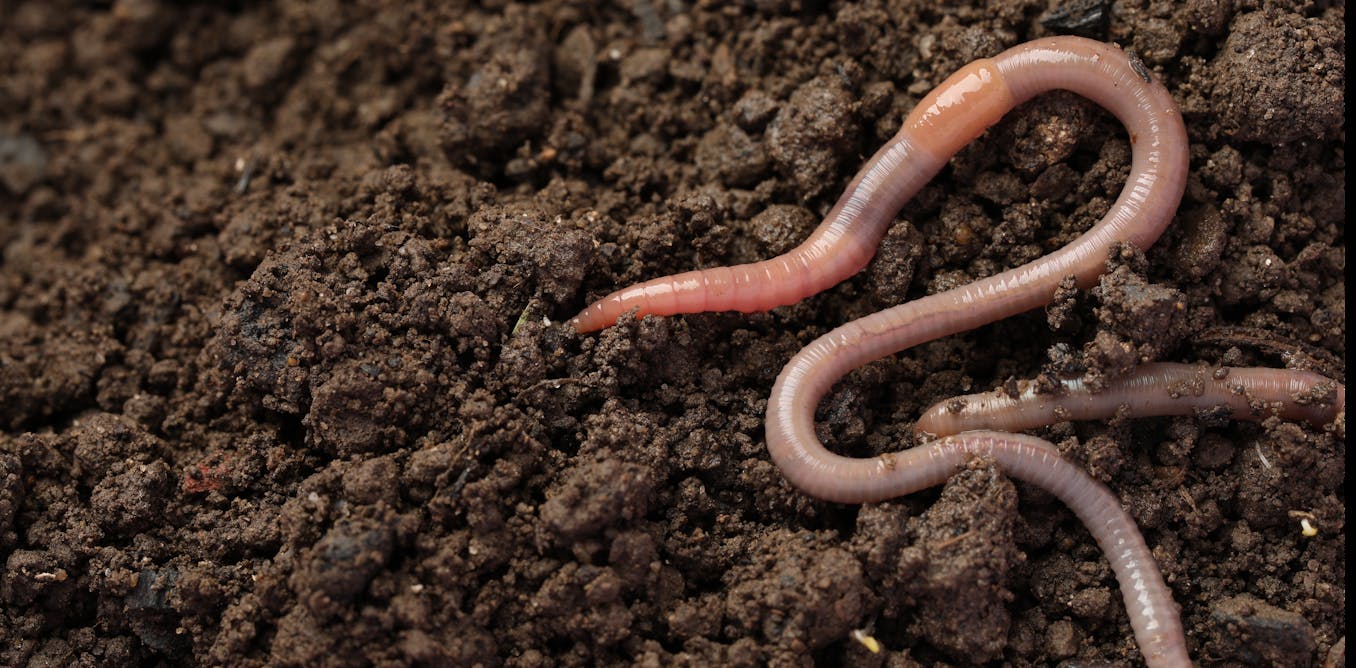   
CEO Picks - The best that international journalism has to offer!
 S50 S50Sympathy for the Schoolgirl   When Britney Jean Spears was sixteen years old, she put on a pleated skirt and channelled an archetype: the schoolgirl, underage temptress. It was a persona Spears wore like a polyester Halloween costume throughout her first flush of fame—from her pigtails and kneesocks in the video for “. . . Baby One More Time” to her pushup bra and curly phone cord on the cover of Rolling Stone. With the release of her memoir last month, Spears joins a roll call of pop-culture figures with narratives to reclaim—and perhaps the schoolgirl, too, merits a moment of reconsideration.In the long years since “. . . Baby One More Time,” teen girlhood has enjoyed a kind of cultural ascendancy. Adolescent tastes and interests have come in for critical reappraisal, or at least for grudging appreciation as market forces. Taylor Swift began as a troubadour of high-school’s emotional tumult—she was eighteen when she released a song about freshman year called “Fifteen”—and her billionaire status today is a testament to the power of fangirls. On TikTok, teen-age girls invent trends that the world rushes to follow; in “Barbie,” a teen-age girl serves as the voice of wised-up skepticism.
Continued here
|
 S1 S1How Generative AI Is Changing Creative Work   Generative AI models for businesses threaten to upend the world of content creation, with substantial impacts on marketing, software, design, entertainment, and interpersonal communications. These models are able to produce text and images: blog posts, program code, poetry, and artwork. The software uses complex machine learning models to predict the next word based on previous word sequences, or the next image based on words describing previous images. Companies need to understand how these tools work, and how they can add value.
Continued here
|
 S2 S2 Are RAI Programs Prepared for Third-Party and Generative AI?   Our special report on innovation systems will help leaders guide teams that rely on virtual collaboration, explores the potential of new developments, and provides insights on how to manage customer-led innovation.Our special report on innovation systems will help leaders guide teams that rely on virtual collaboration, explores the potential of new developments, and provides insights on how to manage customer-led innovation.In 2023, MIT Sloan Management Review and BCG completed their second year of researching responsible AI (RAI). In addition to producing a series of articles that draw on insights from an expert panel and a survey-based research report, the team has highlighted its key findings in this infographic.
Continued here
|
 S3 S3The tough truth behind corporate net zero sustainability targets   When Monika Liikamaa and Denise Johansson left their corporate jobs to start Enfuce in 2016, a Finland-based payments-processing platform, they wanted to create a firm with impact."We need to come to work and believe that we can make the world a better place," says Liikamaa. As female founders, aged 48 and 42 respectively, they took a significant career risk: women receive less than 3% of global venture-backed funding. Yet they decided the gamble was worth it if they could build a company with a legacy that lasted beyond their own tenure. For Liikamaa and Johansson, that meant establishing Enfuce at the outset to be net zero by 2040.
Continued here
|
 S4 S4The Amazon's colossal prehistoric fish   Jairo Natorce's surveillance post in Lake Yarina, deep in Peru's Amazon rainforest, does not have water or electricity. He works alone in this part of the park on the banks of a river full of piranhas and alligators. Here, he has one sole purpose: to protect one of the greatest biodiversity hotspots on the planet and, particularly, a colossal prehistoric fish called paiche.For the past 20 years, Natorce has been one of the park rangers in charge of protecting Pacaya Samiria National Reserve, the largest nature reserve in Peru that's more than two million hectares – half the size of Denmark or Switzerland. The reserve was created in 1972 mainly for the conservation of arapaima gigas, better known in the region as paiche or pirarucu, the second-largest river fish in the world.
Continued here
|
 S5 S5Saltburn and the bizarre life of Britain's stately homes   When the titular Saltburn first appears in Emerald Fennell's new film, the camera lingers on the stately home. It is vast: a symmetrical hulk of limestone topped off by pediments, towers, castellated parapets, and cupolas; its impenetrable grey flanks shrouded by trees and wrought-iron gates. Oliver Quick (Barry Keoghan) stands there, taking it in. In a button-up plaid shirt with an unwieldly suitcase, he is an interloper from another world – one whose first social faux pas is to make his way slowly through the various gates and arrive at the imposing front door on foot, rather than wait to be picked up from the train station by a servant.At first glance, Saltburn is classic clash-of-the-classes fare: a tale of social strata, moral vacuity and the seductions of wealth, with a poor boy ushered into his rich friend's kingdom. The rich friend, in this case, is Felix Catton (Jacob Elordi), a handsome Oxford undergraduate whose life is charmed by the confidence and social grease that comes from being in possession, as a fellow student puts it, of a hereditary title and a "fuck-off castle". The year is 2006, and the magnanimous Felix has invited Oliver – who possesses neither money, popularity, nor a stable home life – to stay at Saltburn for a fateful summer.
Continued here
|
 S6 S6What the world's oldest dog can tell us about ageing   Jacqueline Boyd is affiliated with The Kennel Club (UK) through membership, as Chair of the Activities Health and Welfare Subgroup and member of the Dog Health Group. Jacqueline also writes, consults and coaches on canine matters on an independent basis in addition to her academic affiliation.If you have ever cared for a pet dog, it is a sad truth that you are likely to outlive them. So it’s no wonder that people may be asking how to increase their pet’s longevity following the news that a dog in Portugal lived longer than 30 years.
Continued here
|
 S7 S7Rishi Sunak is wrong: we polled the British public and found it largely supports strong climate policies   Since winning a July 2023 by-election in the London suburb of Uxbridge, the UK government has made polarising voters on climate policy one of its main strategies. The Tory campaign had focused on opposing a new low emission zone for cars, and prime minister Rishi Sunak took its victory as vindication of a clear “pro-motorist” and anti-climate policy stance.The apparent lack of public support for strict climate policies such as a ban of fossil-fuelled cars is now being used as an excuse to roll back policies urgently necessary to reach net zero targets.
Continued here
|
 S8 S8
 S9 S9
 S10 S10We studied jail conditions and jail deaths - here's what we found   Funding for this "Scholarly Works" project was made possible by Grant No. G13LM013522-01A1 from the National Library of Medicine, National Institutes of Health. The content is solely the responsibility of the author and does not necessarily represent the official views of the National Institutes of Health.The family of Samuel Lawrence, one of 10 people to die in Georgia’s Fulton County Jail in 2023, is fighting for answers and accountability.
Continued here
|
 S11 S11 S12 S12Climate change is altering animal brains and behavior -   Human-driven climate change is increasingly shaping the Earth’s living environments. Rising temperatures, rapid shifts in rainfall and seasonality, and ocean acidification are presenting altered environments to many animal species. How do animals adjust to these new, often extreme, conditions?All major functions of the nervous system – sense detection, mental processing and behavior direction – are critical. They allow animals to navigate their environments in ways that enable their survival and reproduction. Climate change will likely affect these functions, often for the worse.
Continued here
|
 S13 S13Is time travel even possible? An astrophysicist explains the science behind the science fiction   Curious Kids is a series for children of all ages. If you have a question you’d like an expert to answer, send it to [email protected] you ever dreamed of traveling through time, like characters do in science fiction movies? For centuries, the concept of time travel has captivated people’s imaginations. Time travel is the concept of moving between different points in time, just like you move between different places. In movies, you might have seen characters using special machines, magical devices or even hopping into a futuristic car to travel backward or forward in time.
Continued here
|
 S14 S14The battle over right to repair is a fight over your car's data   Cars are no longer just a means of transportation. They have become rolling hubs of data communication. Modern vehicles regularly transmit information wirelessly to their manufacturers. As legal scholars, we find that the question of whether you and your local mechanic can tap into your car’s data to diagnose and repair spans issues of property rights, trade secrets, cybersecurity, data privacy and consumer rights. Policymakers are forced to navigate this complex legal landscape and ideally are aiming for a balanced approach that upholds the right to repair, while also ensuring the safety and privacy of consumers.
Continued here
|
 S15 S15India to Africa to the UK: Diasporas don't influence politics in predictable ways   University of the Witwatersrand provides support as a hosting partner of The Conversation AFRICA.Leading politicians in the UK, including the prime minister, Rishi Sunak, are of African Indian descent. Other high profile examples include the country’s two most recent home secretaries – Priti Patel, who served from 2019 to 2022, and her successor Suella Braverman, whose tenure ended abruptly on 13 November when she was fired by Sunak.
Continued here
|
 S16 S16 S17 S17Gaza war: reporting from the frontline of conflict has always raised hard ethical questions   Who would want to be a journalist covering the conflict in Gaza? It seems that every day a new accusation of bias surfaces on social media. Live reporting is prone to the dangers of speculation, mistakes and disinformation traps for the unwary. If you add in the most explosive dateline in the world, then the accusations of bias come thick and fast. On the other hand, Phil Chetwynd, global news director at AFP, a French news agency, says: “Our work has never felt more important.” In this conflict, most of the dangerous reporting has been done by Palestinian journalists living inside Gaza, with foreign correspondents limited to coverage from inside Israel and the West Bank. To date, 40 journalists are reported to have been killed in the fighting, 35 of them Palestinian.
Continued here
|
 S18 S18Diseases on farms in South Africa: recent outbreaks point to weaknesses in the system   Wandile Sihlobo is the Chief Economist of the Agricultural Business Chamber of South Africa (Agbiz) and a member of the Presidential Economic Advisory Council (PEAC).South Africa has had a number of outbreaks of animal diseases in recent months that suggest there are weaknesses in the country’s biosecurity system – the measures in place to reduce the risk of infectious diseases being transmitted to crops, livestock and poultry.
Continued here
|
 S19 S19David Cameron returns: how can a prime minister make someone who isn't an MP foreign secretary? And what happens now?   In a surprise move, Rishi Sunak, the UK’s prime minister, has appointed former prime minister David Cameron as foreign secretary. Cameron, who resigned immediately after losing the 2016 Brexit referendum, has been almost entirely absent from the political scene ever since. It’s rare these days for a prime minister to appoint someone who is not a sitting member of the House of Commons as a cabinet level minister in their government but Sunak certainly can do it. The prime minister has what we call the power of patronage.
Continued here
|
 S20 S20Why the future might not be where you think it is   Imagine the future. Where is it for you? Do you see yourself striding towards it? Perhaps it’s behind you. Maybe it’s even above you. How you answer these questions will depend on who you are and where you come from. The way we picture the future is influenced by the culture we grow up in and the languages we are exposed to.
Continued here
|
 S21 S21A swift history of the concert film, from The Last Waltz to the Eras Tour   I felt I was missing something when I went on a Sunday night in late October to see Taylor Swift: The Eras Tour at my local independent cinema. I was: it was the audience. I can’t remember the last time I sat alone in a cinema, but it was undoubtedly for fare far more obscure than this much-hyped event movie. But as I sat back in my seat and let the experience wash over me, it turned out to be an unexpectedly intimate encounter. Just me and Taylor.
Continued here
|
 S22 S22Earthworms are our friends - but they will make the climate crisis worse if we're not careful   Historically, earthworms were viewed alongside slugs and snails as garden pests and thought to eat flower and vegetable roots from beneath the soil surface. They were killed and removed from gardens until more informed naturalists like Charles Darwin made observations that showed their worth. Sometimes referred to as “Darwin’s plough”, earthworms naturally till the soil and increase its fertility by pulling leaves underground where they rot and enrich the soil.
Continued here
|
 S23 S23Local police officers on the decline: what happened to bobbies on the beat?   The neighbourhood officer was key to the founding tradition of policing in Britain. The concept of “policing by consent” depended on the view of police as citizens in uniform – visible, local figures there to watch, listen and intervene where needed, in a community they knew and understood. But new figures show that these local, community-focused officers are on the decline in England and Wales. In London, there has been a 64% decline in safer neighbourhood police officers since 2015. Across the country, the figure is 27%.
Continued here
|
 |
TradeBriefs Publications are read by over 10,00,000 Industry Executives About Us | Advertise Privacy Policy Unsubscribe (one-click) You are receiving this mail because of your subscription with TradeBriefs.
Our mailing address is GF 25/39, West Patel Nagar, New Delhi 110008, India |











































































